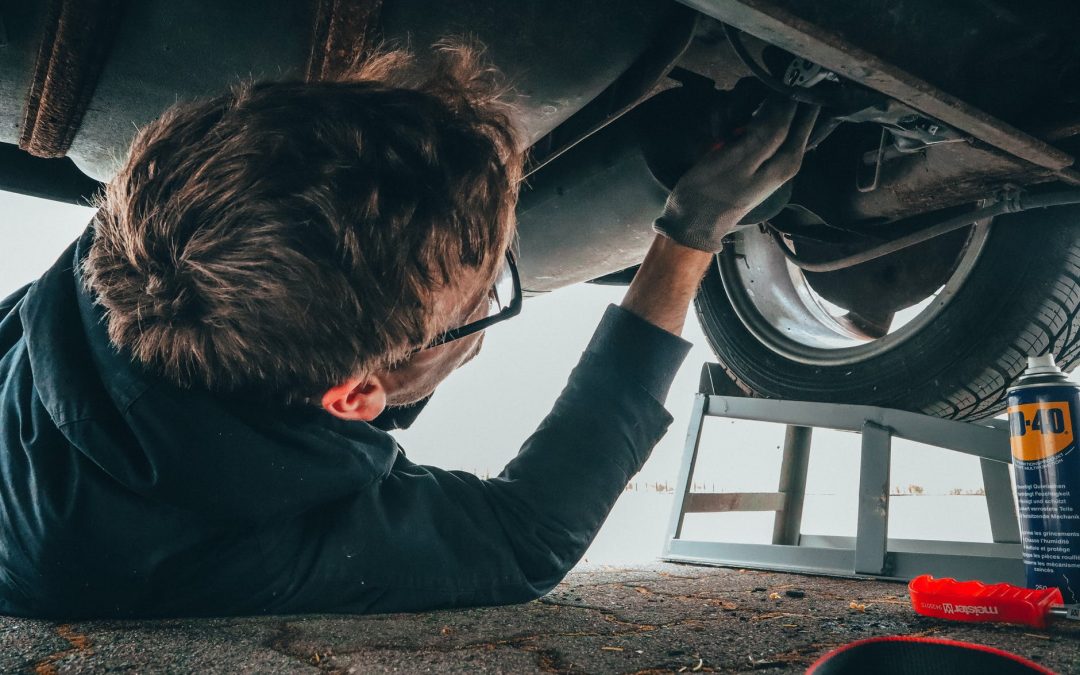Is your vehicle facing any or some of the following issues?
- The fluid has a “burned” odor to it.
- The transmission slips between gears or returns to neutral while driving.
- Humming, grinding, or clunking noises are unusual, mainly when the vehicle is neutral.
- When moving, the clutch remains engaged, resulting in grinding noises.
- Higher than average RPMs for a gear change or speed, as well as a lag between gears change.
- When the gears shift, you’ll hear and sometimes experience a thumping or scraping sound instead of smooth changes.
If “YES” is your answer, then auto transmission repair is what your vehicle demands from you. Transmissions are critical to a vehicle’s ability to function. Transmissions transfer the engine’s power to the drive axle via a series of gears, allowing the engine to operate at different speeds. Transm ission operation and maintenance are vital for your car because it guarantees optimum efficiency and avoids a component loss.
If you ignore your transmitter during scheduled repairs, its health deteriorates, and it eventually breaks down. When the transmission fails, the car needs lengthy and costly maintenance to be fully restored. The transmission, after all, is a complex and nuanced central feature. Fortunately, auto transmission specialists provide sustaining and holding services to keep your car in good working order.
Here are a few of the most common auto transmission repair services:
Change of Transmission Fluid:
You can inspect the transmission fluid daily as part of the transmission service maintenance procedure. This fluid is used to lubricate the gears, produce hydraulic pressure for automatic gear shifting, and cool the heat produced as the gears rotate. Your transmission would not work correctly if the fluid is deficient or in bad condition. Because of the vibration, the device wears faster and has a high chance of overheating.
A transmission fluid change can be done in two ways:
- A complete fluid exchange according to your vehicle’s manufacturer’s recommendations.
- Adjust the transmission fluid and filter according to the vehicle’s manufacturer’s recommendations.
NOTE: It is good to follow your vehicle’s prescribed transmission fluid adjustment cycle, which is usually every two years or 30,000 miles, to be able to prevent a costly transmission fix.
Auto transmission repair – Flush the Transmission:
The buildup of dirt, dust, and other gunk in your car’s transmission system can cause its output to suffer. The dirt clogs the gears, making it difficult to move smoothly on the track, and the gunk can speed up the rate of internal wear.
Consequently, the transmission specialist inspects the color of the fluid as part of the transmission operation and repair. If the liquid is not red but black, the machine should be flushed. To stop recontamination, it is necessary to replace the transmission filters regularly.
Transmission Specialist: Servicing of Cooling System:
As part of the auto transmission operation and maintenance, your vehicle’s cooling system remains in good working order. This is important because constant exposure to the heat generated by the engine causes the transmission to deteriorate. In general, high temperatures cause transmission fluid to denaturize, gear damage, and overall system overheating. As a result, you can ensure that the engine’s cooling system is in good working order.
SUMMER AUTO TRANSMISSION (SAT):
Summer Auto Transmission has been Sdn Bhd’s most reputable auto repair shop. When you have an issue with your engine, you can only deal with the right mechanic. Here the transmission specialists are dedicated to delivering the best treatment possible.

